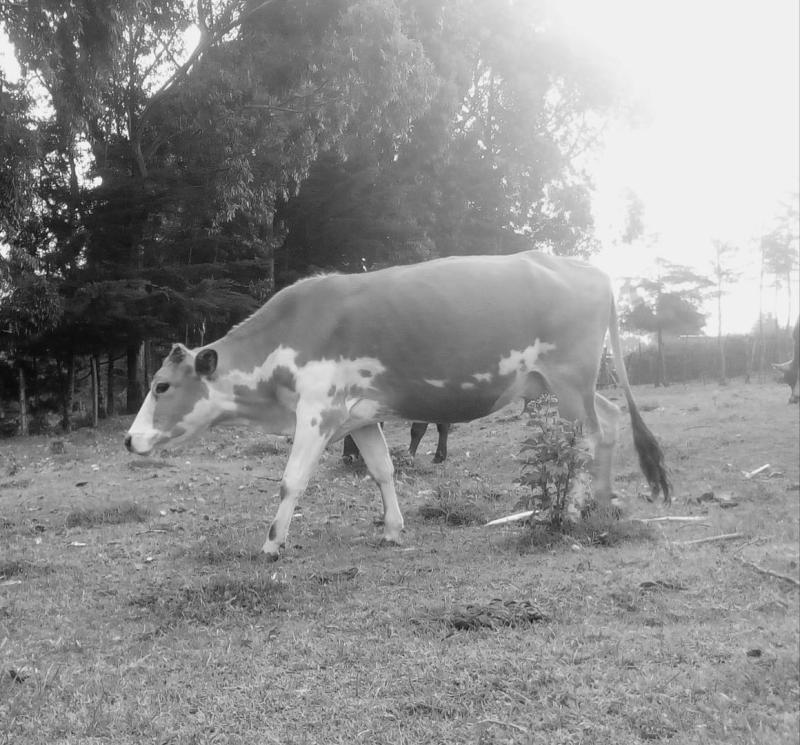×
The Standard e-Paper
Smart Minds Choose Us

As the heifer above chews the cud oblivious of the fresh graves around it, grieving families in Narok South wish they had said: "After all it is only a cow."
Too late. Eight people have died, 15 maimed and more than 20 houses burnt in ethnic violence that started after a family reported the Sh20,000 heifer stolen.